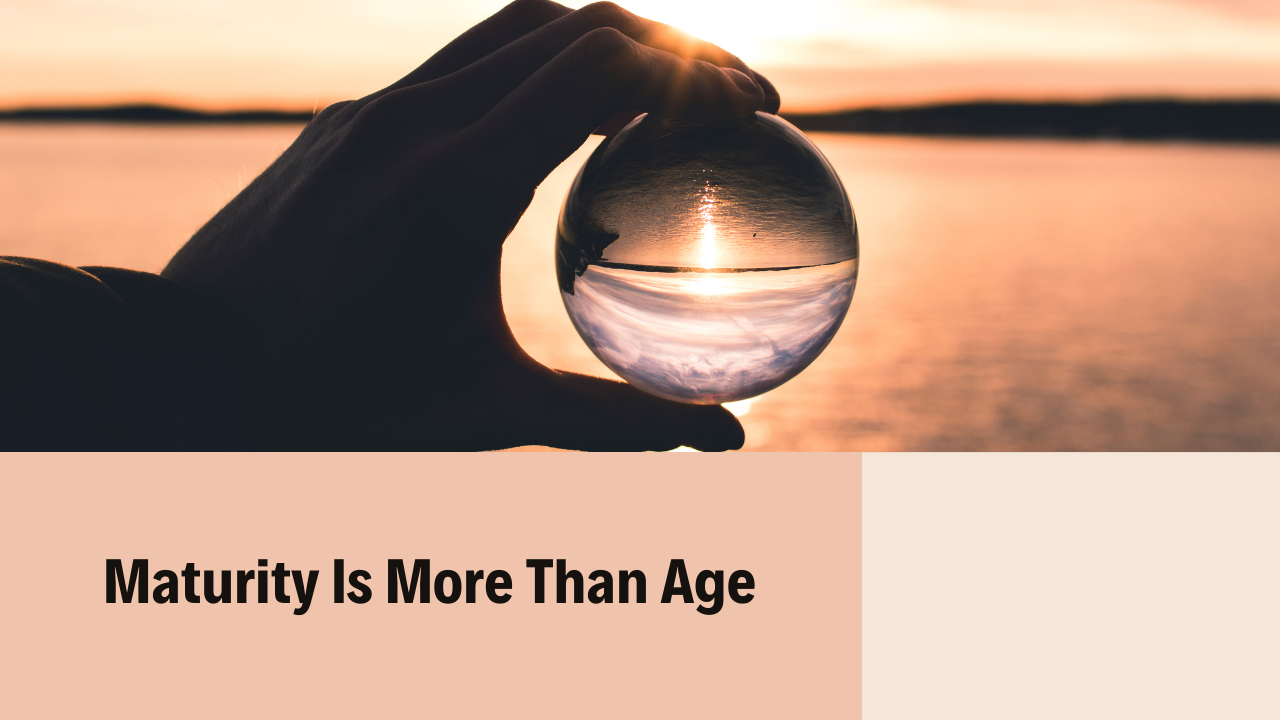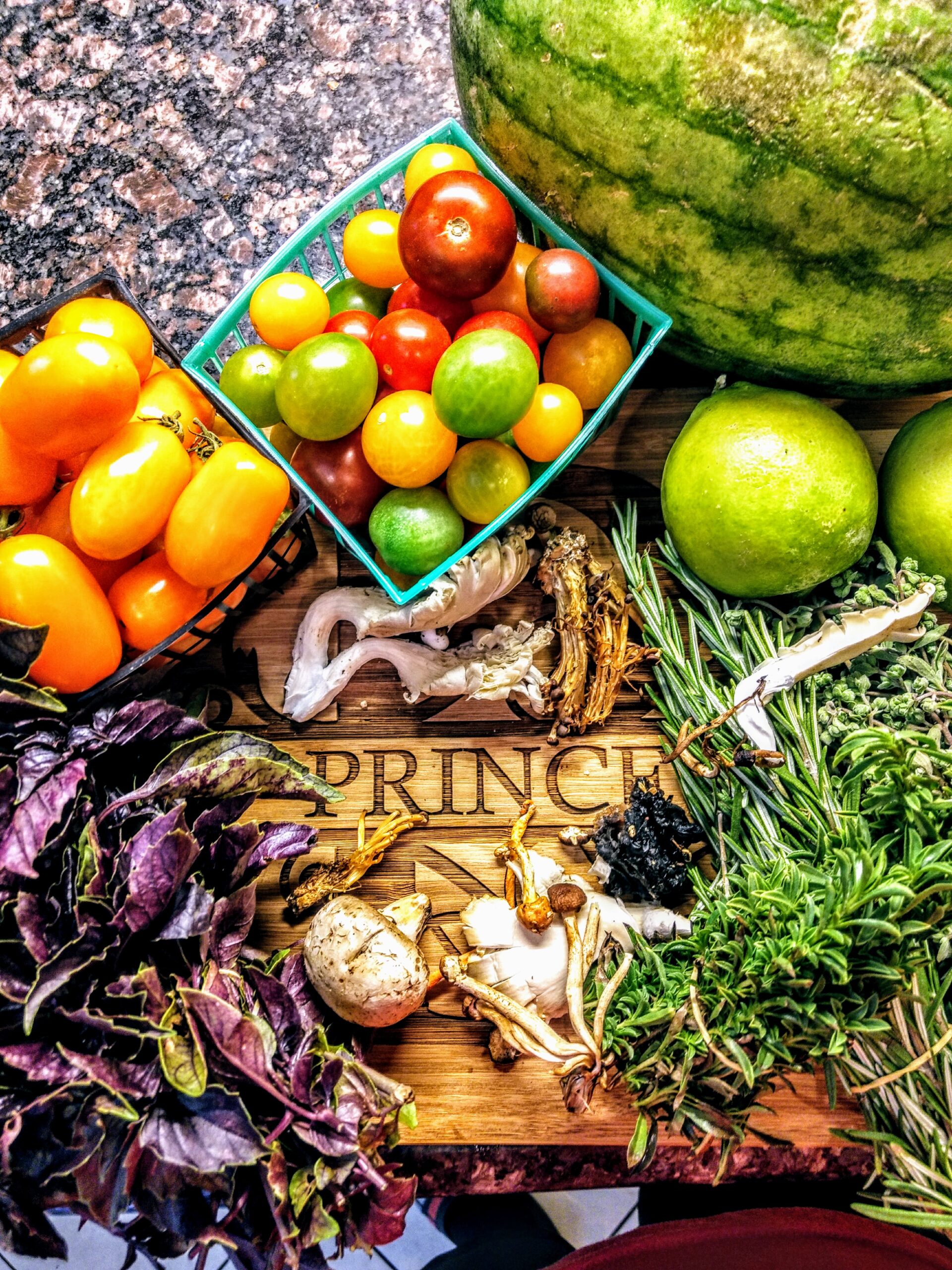
“Maturity” and “intelligence” are tricky. One is often thought of as a destination, the latter as an innate skill. Deep down somewhere, we know these mantras aren’t true. One does not simply mature and growth ceases. At the same time, intelligence can be augmented despite your natural born capacity. Rigid definitions act as a disservice to the journey and discovery of life. Yes, we all literally “mature” as we age and intelligence is more than the facts you can regurgitate.
Emotional intelligence is the quotient by which maturity should be measured.
But here’s the catch—emotional intelligence isn’t something you can just check off a list or master in one go. It’s not a destination where you arrive, plant your flag, and declare yourself “mature.” It’s a continuous process, a lifelong practice. The same goes for maturity; it’s not a box you tick once you hit a certain age or life milestone. It’s fluid, ever-evolving, and deeply tied to how we navigate the world and the people around us.
Think about it like this: We often praise someone for being “wise beyond their years,” but what does that really mean? It’s not about how many books they’ve read or degrees they’ve earned. It’s about how they respond to challenges, empathize with others, and adapt to the inevitable changes life throws their way. True maturity is reflected in our actions, in how we manage our emotions, and in the choices we make—especially when things don’t go according to plan, which happens more often than not.

Emotional intelligence is the toolkit we use to build our maturity. It’s what helps us understand not just what we feel but why we feel it and how to manage those feelings in a way that’s constructive rather than destructive. It’s about recognizing when we’re reacting out of fear or insecurity and learning to pause, reflect, and respond in line with our personal values.
And let’s be honest—this isn’t always easy. It’s tempting to fall back on old habits, to react impulsively, or to let our emotions run the show. But the beauty of emotional intelligence is that it gives us the power to choose differently. It allows us to grow in ways that go beyond the superficial markers of success or intelligence. It challenges us to evolve, not just in how we think but in how we feel and connect with others.

So, where does that leave us? In a state of perpetual learning, of course. If you hate school, don’t worry, this isn’t that. The journey toward true maturity and emotional intelligence is ongoing, but there is no curriculum to follow. It’s about being open to change, willing to learn from our mistakes, and committed to becoming better versions of ourselves, not just for our own sake but for the sake of those around us.
Ultimately, maturity and intelligence aren’t just about what we know but about how we live. They’re about the daily choices we make, the relationships we nurture, and our impact on the world. And the best part? There’s always room to grow.
